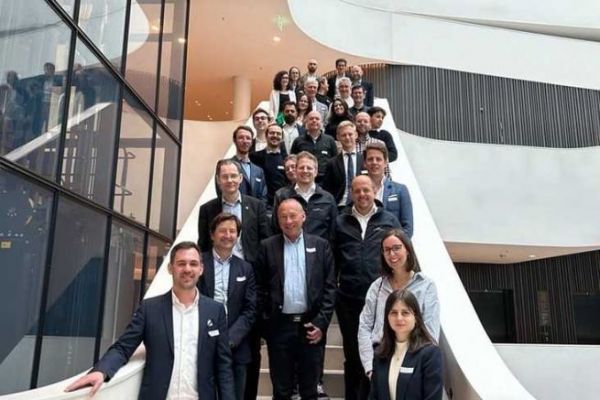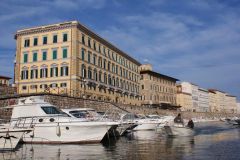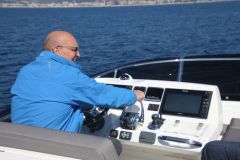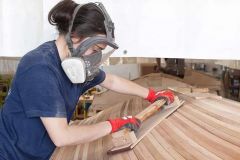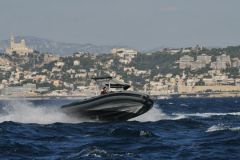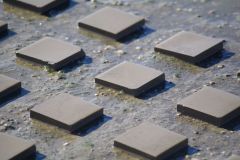A working group on LCA for pleasure boats
The concept of life cycle assessment, or LCA, is a key element in the ecological transition. Although the use of LCA is growing in the boating industry, there is still a lack of benchmarks and methods specific to pleasure boating. That's why a European initiative has been set up, involving 16 major pleasure boat manufacturers and 8 national associations, under the aegis of the European Boating Industry - EBI, to develop a method for calculating the environmental impact of boats under 24 meters. Quantis has been chosen as a third-party technical partner to carry out the work.
Anticipating regulatory changes
The project will be carried out in 2 phases. The first phase will harmonize the rules for calculating the environmental footprint of products, based on a transparent and scientific methodology. It will be based on the binding rules of the European Union in terms of product categorization and impact. The second stage will see the implementation of an ergonomic tool and the enrichment of a materials database. It should go beyond simple carbon impact to assess other environmental criteria.
For the nautical industry, the project is part of the need to anticipate future regulatory changes.
Involving all players
The project is currently supported by 16 major European shipyards: Amel Yachts, Amer Yachts, Azimut|Benetti Group, Bavaria Yachts, Beneteau Group, Cantiere del Pardo, Catana Group, Ferretti Group, Fountaine Pajot, Grand Large Yachting, Greenline, Inha Works, Sanlorenzo, Sasga, Sunreef, and Sunseeker. Nevertheless, its promoters indicate that the smaller shipyards, grouped by country, will contribute via their national federations: BVWW, FIN, HISWA-RECRON, Finnboat, Confindustria Nautica, Polboat, ANEN, and British Marine. A necessity, given that the role of SMEs and their level of innovation are key in the marine industry. Finally, a liaison committee has been set up to represent the interests of suppliers of composite materials, electric motors and internal combustion engines.

